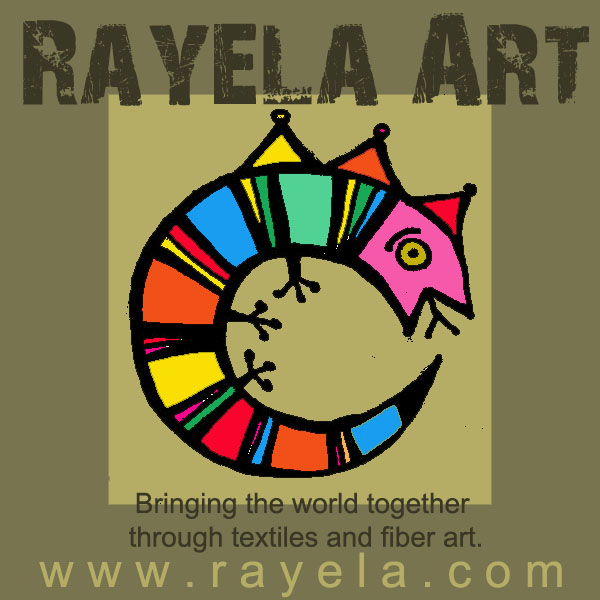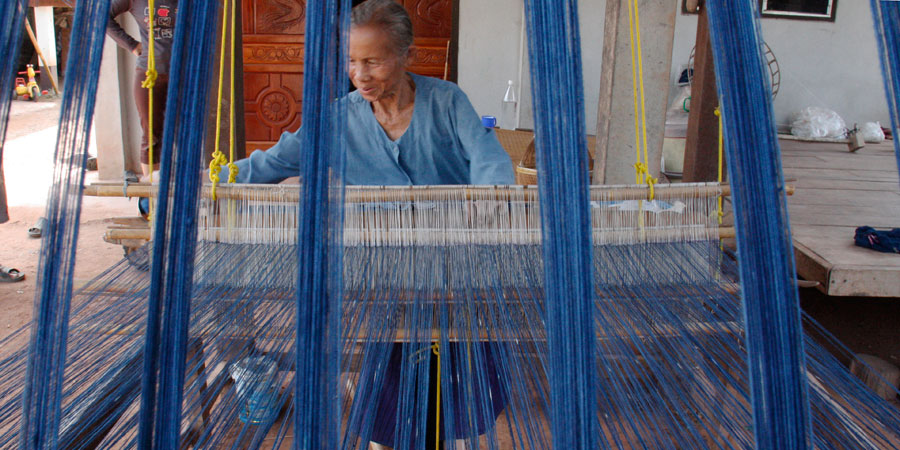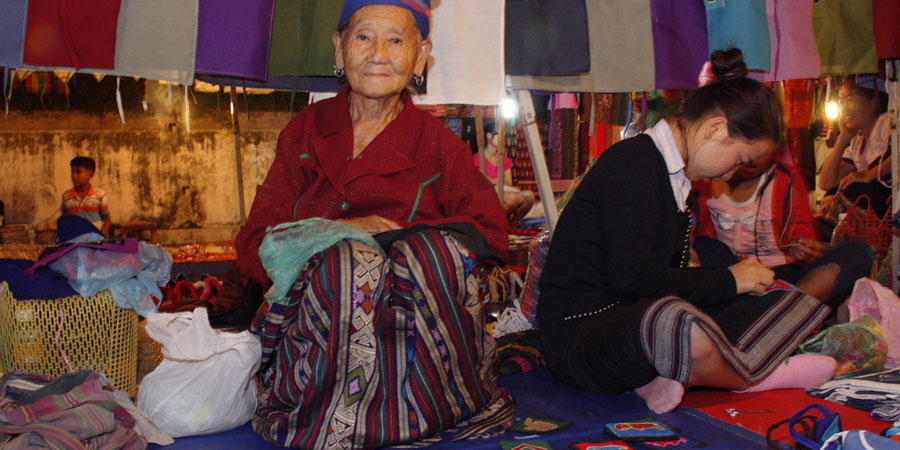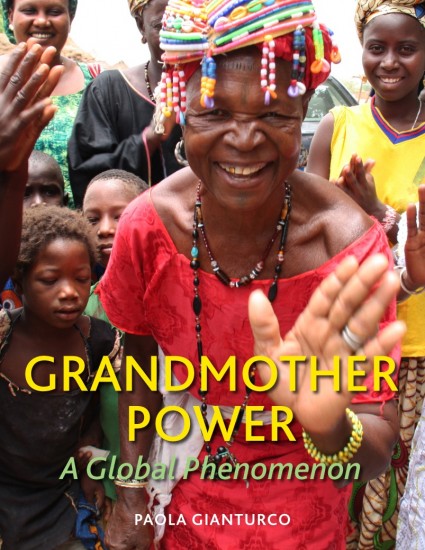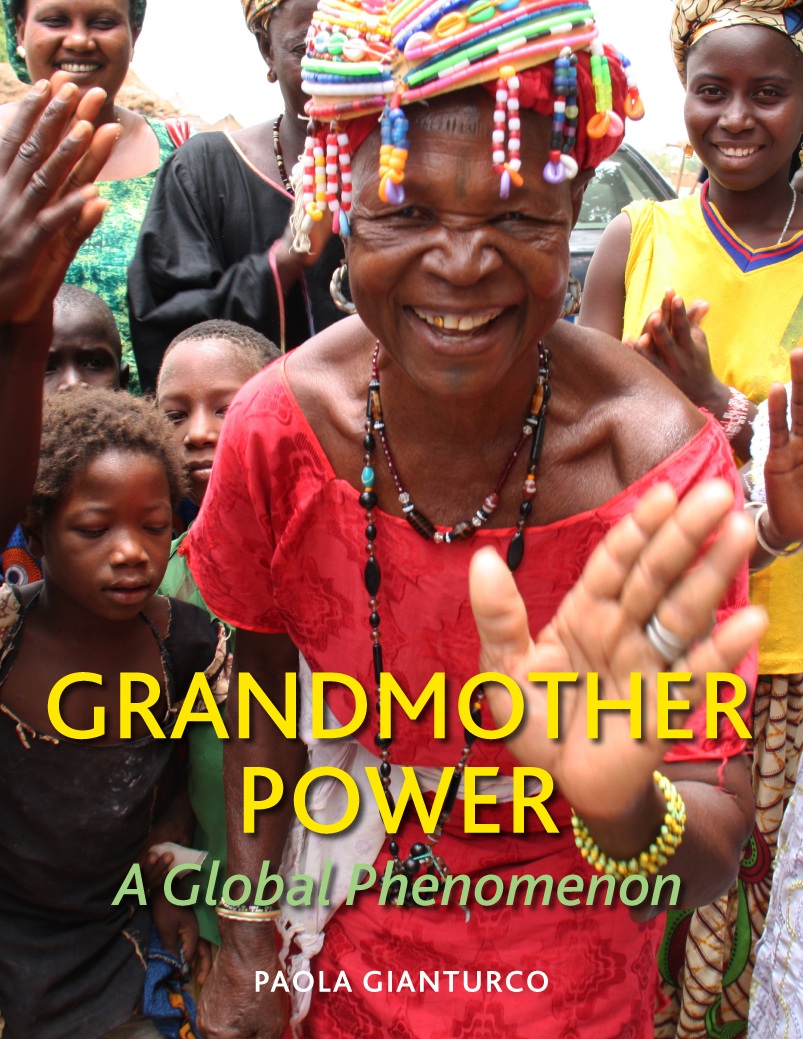
Grandmother Power
a global phenomena
When we get into discussions on cultural differences, we can easily fall into generalizations, good or bad, that create a picture we can see in our minds about a people. For example, I could say that Brazilians are crazy drivers, like to eat their dinner at 9PM, will bend rules and “borrow” when they can, that their men are unfaithful and that they would rather be at a party than at work.
Most of the Brazilians that I know would chuckle and say, “So?” But, the truth is quite different. Although a visit to a country might create an overall impression of a whole society, the ones who make those impressions tend to be the extroverts who are out there, claiming their territory, while the quiet ones follow the rules, work hard, and just try to make it through each day. I like to bring these discussions back to the global village. No matter where we are, we all have the local crazy person, the poor widow, the orphan, the thief, the hoar, the priest, the politician and the hustler. On an even more basic level, we all have the children, women and men who surround us and shape who we are.
Over and over I see TAFA members saying in their profiles that they learned how to sew, knit, crochet, or paint from their mothers and grandmothers. So many of us have become who we are because of these women who held our hands, guided our fingers, and taught us to sit, focus, and make something. In some places, whole generations of women and men have been wiped out because of AIDs or war. Grandmothers then take on the whole burden for nurturing and survival, keeping children as safe as they can in the hopes that they will reach adulthood.
Grandmothers around the world ensure the survival of children.
I came to know of this book through Ellen Agger of TAMMACHAT Natural Textiles, one of TAFA’s members who works with weavers in Thailand and Laos. One of their groups is included in the book. Ellen describes how it happened in her blog:
“Three years ago, we got an email from the author, Paola Gianturco, asking if we could help her contact and arrange a visit to a grandmothers’ group, the Kokkabok Women’s Cotton Group, which we feature on our website. After many emails, we were happy to facilitate this visit, which has resulted in a beautiful chapter in her book about this group and their activism to help neighbouring villagers fight the gold mine that is poisoning them and their water.
In that initial email, Paola wrote:
“I earn no money from my books, which are philanthropic projects. I will give my author royalties from this book to The Stephen Lewis Foundation in Toronto which, as perhaps you already know, helps African grandmothers who care for AIDs orphans. If the Kokkabok women agree to be in this book, they will be expressing solidarity with the African grandmothers and others around the world.”
Here is a video of a meeting of African women in Canada:
For some reason, it made me all teary eyed even though it is not THAT emotional of a video. It’s not playing on any special techniques to choke you up. I think I am just tired of all of the nonsense that is going on in our world and just feel so very thankful for all of these women who quietly slave away at making life good for the rest of us. That they have organized and come together and recognize their common ground, their shared story even with all of the their differences moves me.
Buy the book and wrap it in a TAMMACHAT scarf and give it to someone you want to thank. Who are the grandmothers in your life? I don’t think the bond needs to be genetic, but I know that when the day comes when people will look at me and think “grandmother”, I want them to also think, “grandmother power“.
JFYRU6PZQAN2
